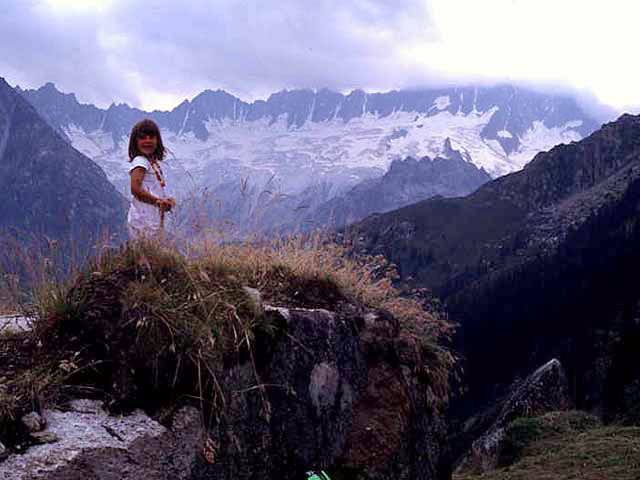XX
[ZWEITER TEIL]
Zwischen den Sternen, wie weit; und doch, um wievieles
noch weiter,
was man am Hiesigen lernt.
Einer, zum Beispiel, ein Kind . . . Und ein Nächter, ein
Zweiter—
o wie unfaßlich entfernt.
Sicksal, es mißt uns vielleicht mit des Seienden Spanne,
daß es uns fremd erscheint;
denk, wieviel Spannen allein von Mädchen zum Manne,
wenn es ihn meidet und meint.
Alles ist weit—, und nirgends schließt sich der Keis.
Sieh in der Schüssel, auf heiter bereitetem Tische,
seltsam der Fische Gesicht.
Fische sind stumm . . . , meinte man einmal. Wer weiß?
Aber ist nicht am Ende ein Ort, wo man das, was der Fische
Sprache wäre, ohne sie spricht?
|
XX [SECOND PART]
Between the stars, how far; and yet, as one learns
from that which is close,
between how many things still further.
One, for instance, a child . . . And next to it,
another—
o how incomprehensibly far removed.
Fate, perhaps it measures us with spans of being
that appear to us strange;
Think of how many spans there are from girl to man,
when she both shuns and watches him.
Everything if far—, and nowhere does the circle close.
See the plate on the gaily prepared table,
how uncommon the fish's face.
Fish are mute . . . , one once thought. Who knows?
But in the end, is there not a place where one, what for
fish would be language, without them speaks?
|

